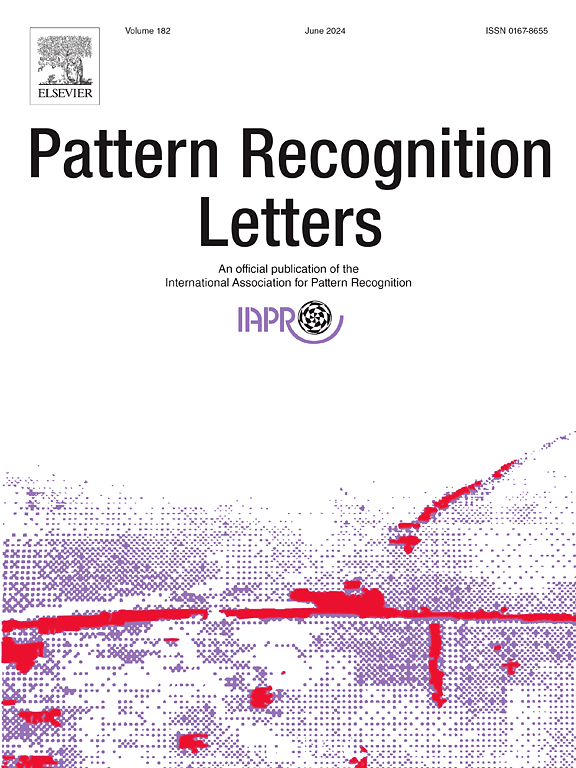Multi-corpus emotion recognition method based on cross-modal gated attention fusion
IF 3.9
3区 计算机科学
Q2 COMPUTER SCIENCE, ARTIFICIAL INTELLIGENCE
引用次数: 0
Abstract
Automatic emotion recognition techniques are critical to natural human–computer interaction. However, current methods suffer from limited applicability due to their tendency to overfit on single-corpus datasets. It reduces real-world effectiveness of the methods when faced with new unseen corpora. We propose the first multi-corpus multimodal emotion recognition method with high generalizability evaluated through a leave-one-corpus-out protocol. The method uses three fine-tuned encoders per modality (audio, video, and text) and a decoder employing a context-independent gated attention to combine features from all three modalities. The research is conducted on four benchmark corpora: MOSEI, MELD, IEMOCAP, and AFEW. The proposed method achieves the state-of-the-art results on these corpora and establishes the first baseline for multi-corpus studies. We demonstrate that due to the MELD rich emotional expressiveness across three modalities, the models trained on it exhibit the best generalization ability when applied to other corpora used. We also reveal that the AFEW annotation better correlates with the annotations of MOSEI, MELD, and IEMOCAP, as well as shows the best cross-corpus performance as it is consistent with the widely-accepted theories of basic emotions.
求助全文
约1分钟内获得全文
求助全文
来源期刊

Pattern Recognition Letters
工程技术-计算机:人工智能
CiteScore
12.40
自引率
5.90%
发文量
287
审稿时长
9.1 months
期刊介绍:
Pattern Recognition Letters aims at rapid publication of concise articles of a broad interest in pattern recognition.
Subject areas include all the current fields of interest represented by the Technical Committees of the International Association of Pattern Recognition, and other developing themes involving learning and recognition.
 求助内容:
求助内容: 应助结果提醒方式:
应助结果提醒方式:


